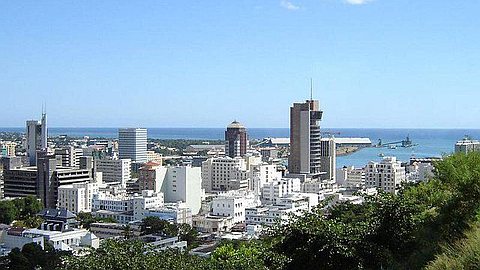Mauritius Overtakes Singapore as India’s Top Source of FDI

During the April-September period, Mauritius emerged as the strongest contributor of investment with an inflow of $4.19 billion. During the same period, Singapore provided $2.41 billion in FDI.
Both Mauritius and Singapore have a double tax avoidance agreement (DTAA) with India, which makes them popular choices for setting up a holding company to access the Indian market.
Singapore’s Stronger Legal Position
For the 2013-14 fiscal year, Singapore became the greatest source of FDI into India for the first time, accounting for nearly 25 percent of its total foreign investment. This was largely due to a series of legal battles and tax disputes that exposed Mauritius’ status as an Indian tax haven, bringing the island nation’s investment under scrutiny by the Ministry of Finance and the Indian electorate.
Singapore’s government previously added a Limitation of Benefit (LoB) provision to its DTAA with India. The LoB aims to mitigate “treaty shopping” and requires businesses to meet stringent conditions relating to residency and spending before they can take advantage of Singapore’s DTAA. This provides Singapore with more legitimacy relative to Mauritius.
India’s General Anti-Avoidance Rules
Companies anticipated that India’s General Anti-Avoidance Rules (GAAR) would result in a renegotiation of several of its tax treaties, making investors wary of continuing to route FDI through Mauritius. GAAR sought to limit tax avoidance by denying tax treaty benefits to investors lacking any commercial substance in a given jurisdiction – namely, Indian companies and foreign investors seeking to route investment through Mauritius and other tax havens.
While GAAR won’t be fully implemented until April 2016, its announcement had an immediate effect on investor trends, with Mauritius experiencing a rapid decline in FDI outflows to India.
With that in mind, it is impressive that Mauritius has surpassed Singapore and regained its position as India’s greatest source of FDI, despite not having the same LoB clause in its DTAA. Indeed, although Mauritius last year declared that it would add a similar clause, no progress has yet been made towards actually implementing one.
Case Study
To further observe the unique economic relationship between Mauritius and India, it is worth taking a brief look at a recent deal signed between the two. On November 28th, the Mauritius government signed a contract with major Indian aerospace company Hindustan Aeronautics Limited (HAL). HAL will provide Mauritius with its Dornier aircraft to help improve the island nation’s maritime surveillance capabilities. These jets will be added alongside previously purchased HAL helicopter models onto the Mauritius National Coast Guard.
The signing of the contract between Mauritius and the Indian aeronautical firm is worth nearly US $16 million, and serves as a reminder that close ties still exist between the two. Although its legal position is not as strong as Singapore’s, it is likely that Mauritius will work towards implementing its own LoB into its DTAA with India before GAAR comes into effect in 2016.





